Patti Davis understands why many people are frightened of the current occupant of the White House. However, as the daughter of former President Ronald Reagan and a mother who “even on her deathbed could turn you into a pillar of salt with one look,” Patti doesn’t find Trump intimidating. She explains, “The bar is set really high in my world!”
She has never been shy about expressing her opinions—from demonstrating against her father’s conservative politics while he was in office to penning rebellious books and posing nude first at age 42 for Playboy, and 16 years later for More magazine.
Now 66, her stridency is gone, but the passion continues to boil. For instance, Patti’s writing talent and platform quickly made Will Ferrell back off from his plans to portray Ronald Reagan’s battle with Alzheimer’s as a comedy.
She spoke to NextTribe on the occasion of publishing her 12th novel, The Wrong Side of Night. The book depicts a troubled mother/daughter relationship. Patti began writing it while working on her mother’s eulogy.
NEXT TRIBE: Your novel’s protagonist Tilly Austin lost her brother and father in the Towers on 9/11. As a New Yorker, your descriptions of what it felt like in the city that day brought tears and chills of recognition. Tilly then followed her estranged mother out to the West Coast, hoping to finally establish a loving connection. At the start of the novel Tilly’s mother dies, and shocking family secrets start tumbling from the closet. I’m sure it’s frustrating having your fiction constantly compared to your real life, but I still have to ask about the truth of the novel’s emotional core …
I’m not the only daughter to experienced a mother being competitive with her.
PATTI DAVIS: Sometimes those comparisons haven’t been valid. But in this case, there is a lot of emotional autobiography. It made me nervous, but I thought, So what? I’m not hiding anything. You can explore things in fiction in ways you can’t in nonfiction because you’re not bound by facts or personal truths. And I’m curious about a mother being competitive with her daughter—I’m not the only daughter who has experienced that. I got to crawl around in the landscape of an unloving mother/daughter relationship … and to explore a daughter being frightened of her mother. Tilly, though, has clear memories of her mother being tender toward her. I don’t share that, although I see it in our home movies. My overriding visceral memory of my mother is being frightened of her.
NT: A few years ago you participated in my anthology How Does That Make You Feel? True Confessions from Both Sides of the Therapy Couch. Pre-publication I emailed you a copy-edited version of your essay. You got it back to me practically before I’d hit send. A little later I heard on the news your mother died that morning. Where did you inherit your sense of professionalism and dedication to whatever you pursue?
Patti: I think I’ve probably always had it, but not so much when I was younger because I did a lot of drugs! Particularly in terms of writing I’m professional because that’s what I always wanted to do. I don’t have any other skills. If I couldn’t make a living doing this, I’d work at Whole Foods or something.
NT: That’s how you view it.
Patti: Well, I certainly don’t have a degree in anything. My father was very professional. When he was an actor, he was always on time and always knew his lines.
NT: What advice would you offer young Patti from the vantage point of having survived all the tumult and moved to a healthier place?
Patti: Maya Angelou said, “’Do the best you can until you know better. When you know better, do better.” Back then I wouldn’t have listened. I was fighting for my own identity in a family where my primary identity was “Ronald Reagan’s daughter.” I rattled the cages and tried to figure out who I was in a rather chaotic, rebellious way. I had to go through that to get to here.
NT: During your father’s administration you were quite vocal about your opposition to his politics. How do you view that period now?
Patti: At the time, I remember thinking, I’ve got this really bright spotlight on me now and I can use it to bring attention to the anti-nuclear movement. What I didn’t realize was that the way in which you express yourself means more than what you are expressing. I could have done interviews and written magazine pieces—my father would have been fine with that, by the way. It was the stridency of appearing at demonstrations and rallies that got me this reputation. … Some people still hate me!
NT: How have your views on Ronald Reagan as president evolved? Especially considering some who have come after him?
When you know better, do better.
Patti: Looking through a wider lens, I have more understanding of some of the things my father did given how he was raised and that he was the child of an alcoholic. There were things he had blinders on about, such as the AIDS crisis. Yes, he should have spoken up sooner. Not to make excuses but a president doesn’t have time to sit down and read five newspapers. He had people around him who gave him briefings. One of my father’s flaws was trusting the people around him. They didn’t want him to know how bad the AIDS crisis was. Once Rock Hudson died, they couldn’t hide that from him. It wasn’t that he was homophobic. I had two gay aunts who babysat my brother and me when our parents took a trip to Hawaii. They slept in the same bed. I understood them to be a couple.
NT: What did you think of Hillary as candidate?
Patti: I felt she was trying to out-Trump Trump. We are all a combination of female and masculine energy. She was being more masculine in trying to combat him, whereas if she had allowed more female energy to come out, that would have been her strength. It was particularly disappointing when she made that “Basket of Deplorables” comment. You can call the Menendez brothers deplorable, but not a bunch of people in Michigan and Wisconsin who are voting for Donald Trump!
NT: It’s early days but what is your impression of the female politicians who are running for president?
I get hate from people on the Left and Right. To stay silent is not an option.
Patti: I try not to speak out about particular candidates, but I did watch Kamala Harris’s CNN Town Hall. She’s very good; she really connects with people.
NT: I love the novel and hope it gets the wide readership it deserves, but I’m wondering what the next Patti Davis project will be.
Patti: I’m working on a documentary with A&E culled from home movies on our life before politics. The working title is Reagans: Before the World Moved In. It’s coming out later this year.
NT: Sounds fabulous! Last question: I’ve written some articles I didn’t think were controversial that provoked hate emails. I can’t imagine what you endure with your outspokenness on issues. How do you navigate the vitriol?
Patti: I get hate from people on the Left and Right, though death threats are just from the right. We are at a point in this country and in this world that to stay silent because it’s inconvenient or because people are going to come at you or for whatever reason is just not an option. I’m scared everyday about what Trump is doing to this country, to this planet! Right now we need all hands on deck, whether it’s attending rallies or going door to door or writing articles. Whatever feels organic. If I said I’m not going to speak out because people get angry at me, when I got to the end of my life, I think God would be going: “You had a chance, and you didn’t take it.”
***
Sherry Amatenstein, LCSW, is a NYC-based therapist, author of three relationship self-help books and editor of the anthology How Does That Make You Feel: True Confessions from Both Sides of the Therapy Couch. She has contributed to many publications including New York, Washington Post, This Week, Reader’s Digest, Observer and vox.com.


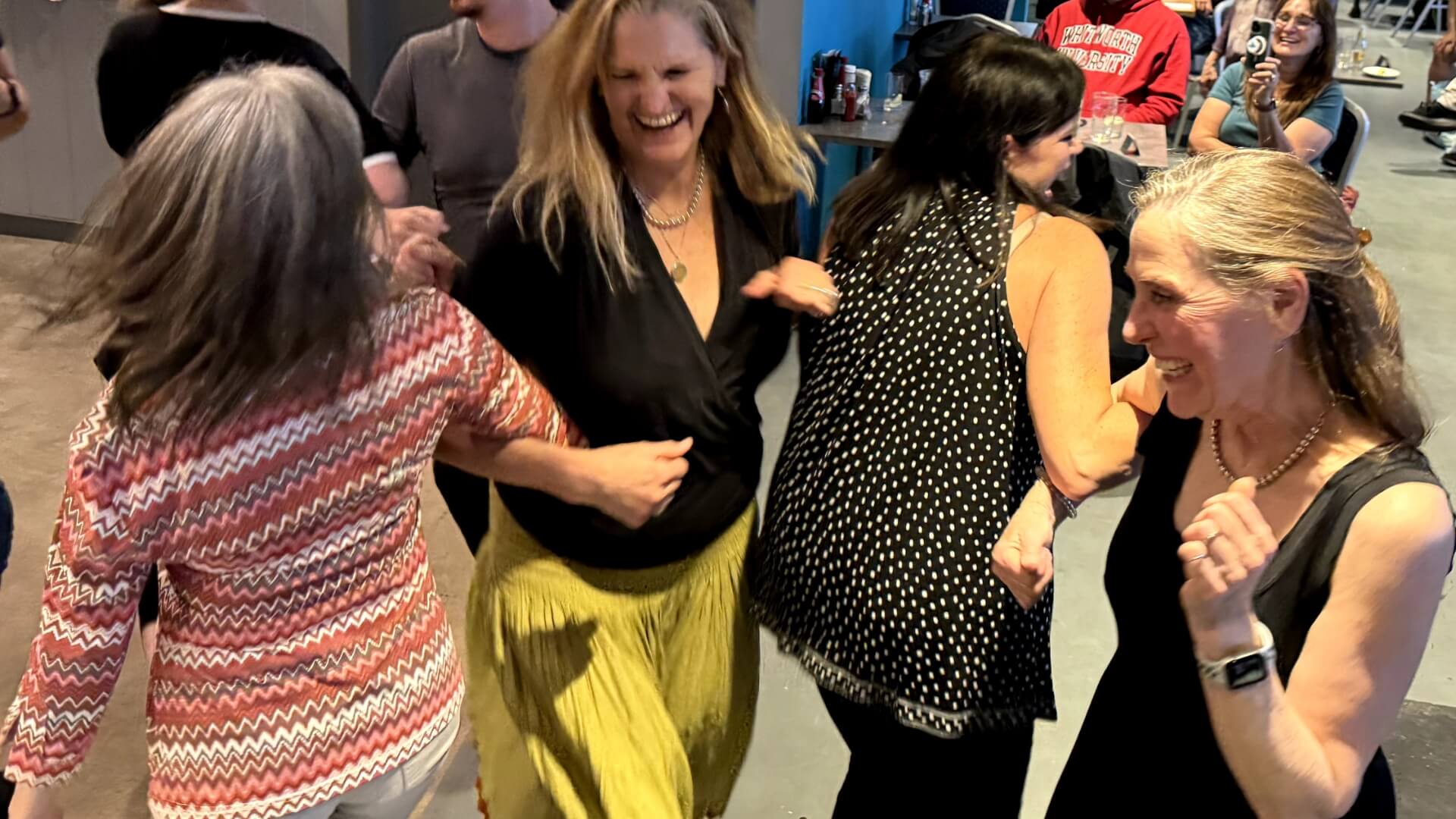
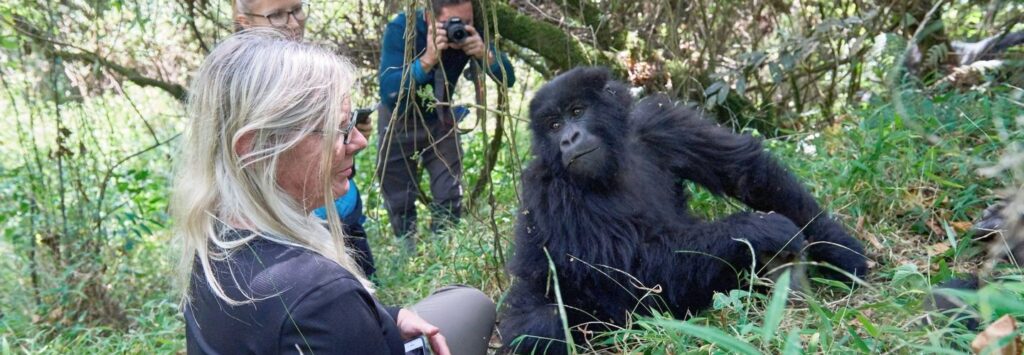


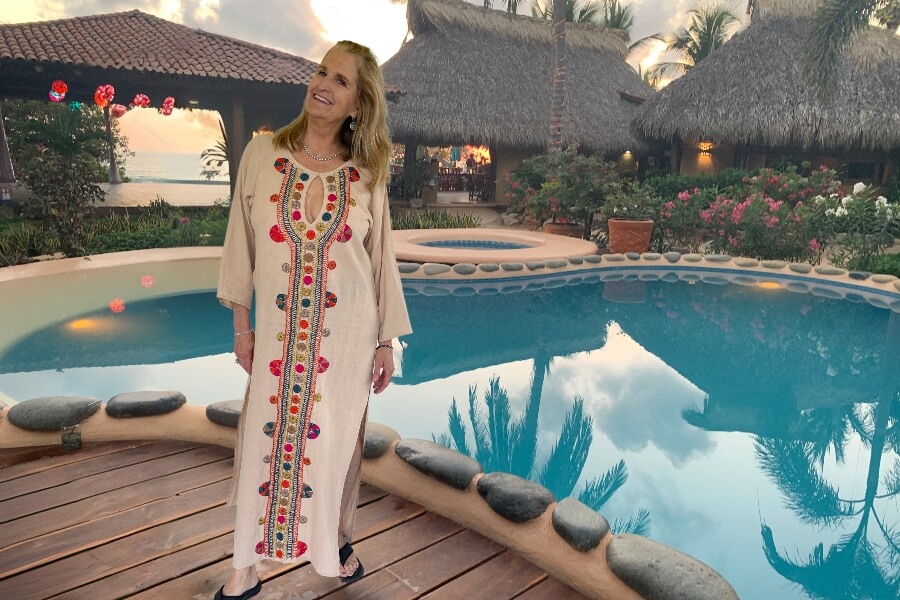




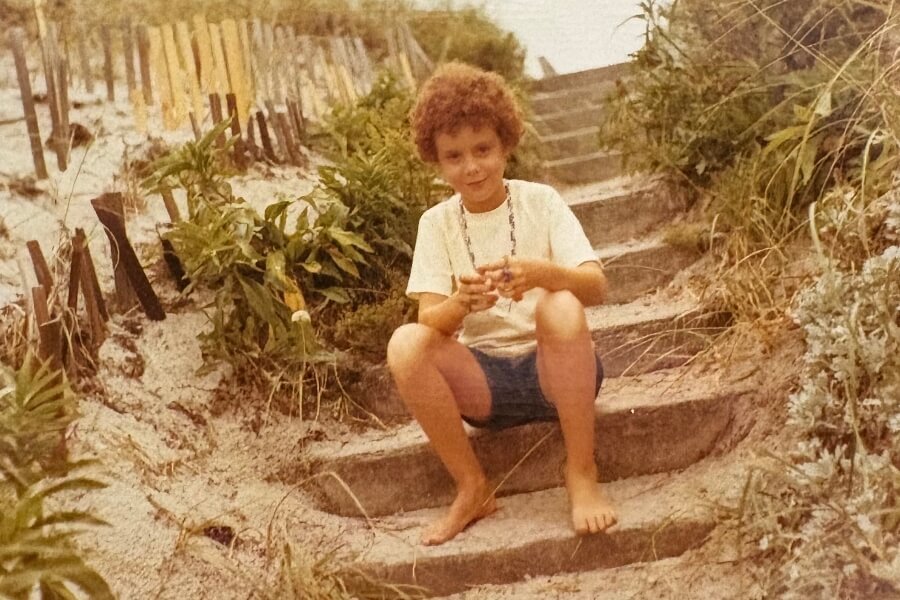

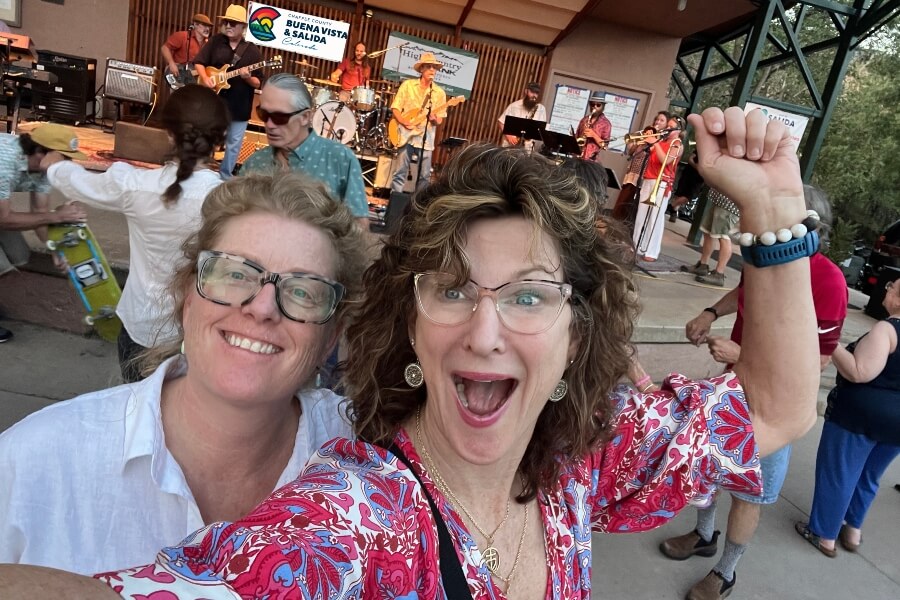









0 Comments